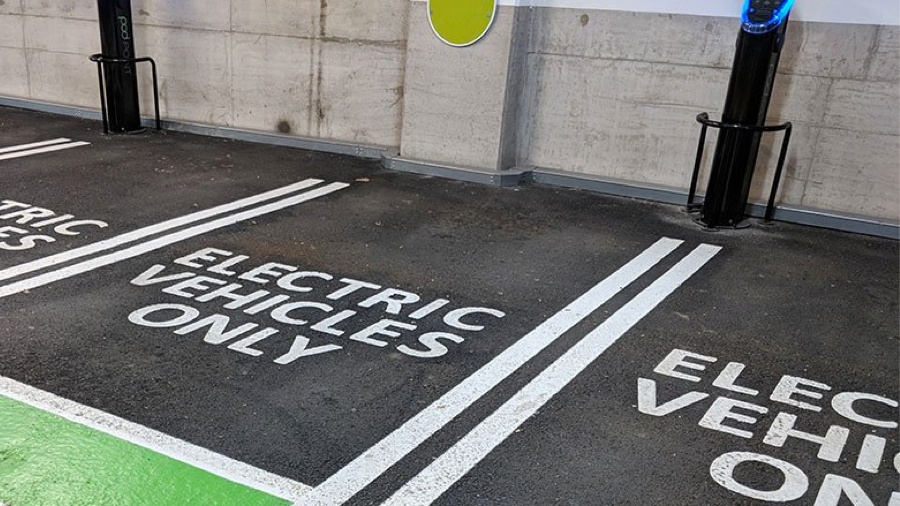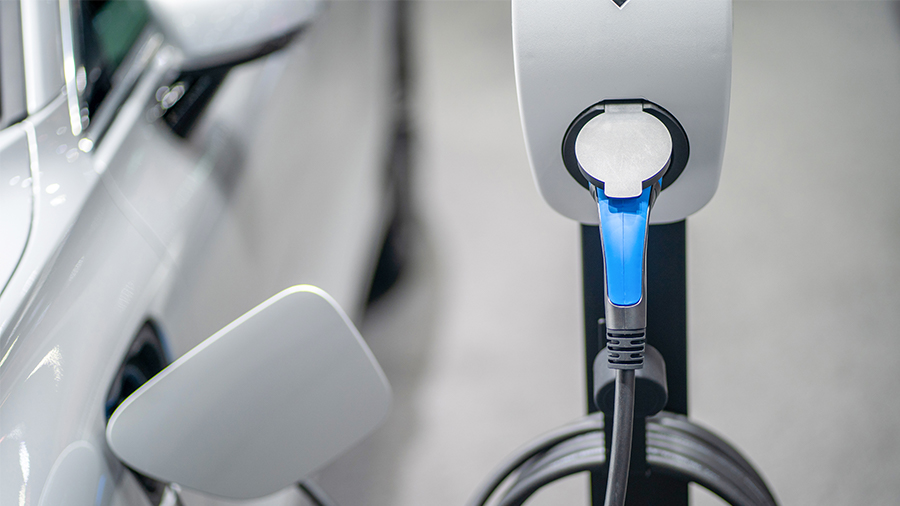How much do electric cars cost compared to others?
Are you ready to go electric?
Want to know if an electric car is the right choice for you?
Join in with our simple online quiz to find out more.
Are electric cars more expensive than petrol or diesel?
First, let’s bust the myth that you need a big budget to go electric. For a mid-range new electric model, you might pay around £10k more in the showroom than a petrol or diesel. But you can seriously save on running costs.
Electric cars are more efficient than petrol or diesel, so you offset that higher price tag quickly. And don’t forget there are second hand electric cars out there, plus great options for leasing where you pay a smaller monthly amount.
Comparing running costs
When you’ve got your head round the up-front cost, start comparing running costs. Just think of a unit of electricity like a litre of fuel for your car. You’d check the price of a litre of fuel at the garage. And with electric cars you check the price of a unit of electricity. Units of electricity are kilowatt hours (kWh).
The price of electricity varies just like petrol, depending on where you are (home, supermarket, motorway etc.) and what kind of charge point you’re using. Let’s compare the Volkswagen ID.3 and its equivalent, the bestselling family favourite, the Volkswagen Golf.

Charging your electric car at home
All electricity companies have tariffs, on an average tariff you’ll pay about 29.9p per unit of electricity, so 29.9p per kilowatt hour (kWh). It costs 6.9p to drive the VW ID.3 for a mile, compared to 16p (with fuel at £1.48 a litre) to drive a mile in the petrol Golf. If you drove 100 miles from Chester to York, it would cost you around £6.90 in a VW ID.3 and around £16 in a Golf. That’s a serious saving.
But it gets better. Plenty of electricity companies charge less at night, some off-peak tariffs like Economy 7 go as low as 9.5p a unit.
Charging your electric car in a public place
If you charge your electric car in a public place, the cost of a unit of electricity goes up to around 50 – 80p a kWh, pushing your cost of driving a mile to about 13-21p. It’s the most expensive way to charge but look out for discounts and loyalty schemes which make it a bit cheaper. And even at the highest price, it still costs less than petrol or diesel.

No tax and much cheaper maintenance
You don’t pay tax for your electric car. However, from the 1st of April 2025 car tax will apply to all electric cars. One advantage of electric cars is they don’t break down as much as they are simpler machines than petrol or diesel. Electric cars hardly ever break down. And they rarely need new brake pads because the way you brake causes much less wear.
What about servicing, MOTs and tyres?
Servicing is usually cheaper for electric cars. But MOTs are similar and wear and tear on tyres is about the same. The environmental benefits of switching to electric are a whole other conversation but they’re worth factoring in when you’re weighing things up.
What about hybrids?
We’ve kept the comparison simple, but hybrids roughly compare to petrol and diesel cars for running costs and fuel economy. You’ll pay more for fuel than electric but there’s less wear and tear on your brake pads.
Is an electric car
right for me?
Discover electric cars that are available through our partner CBVC today.
Discover cars available